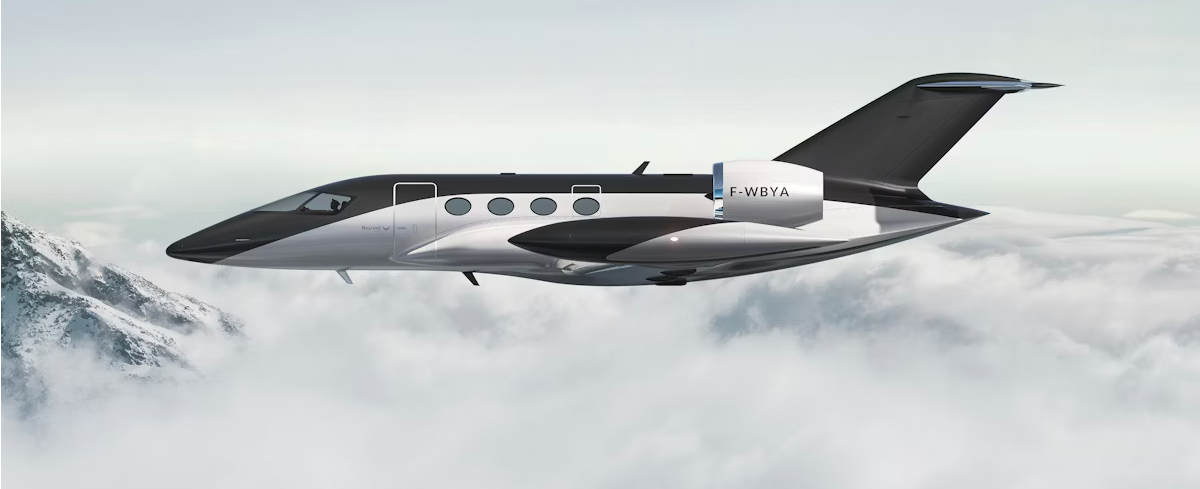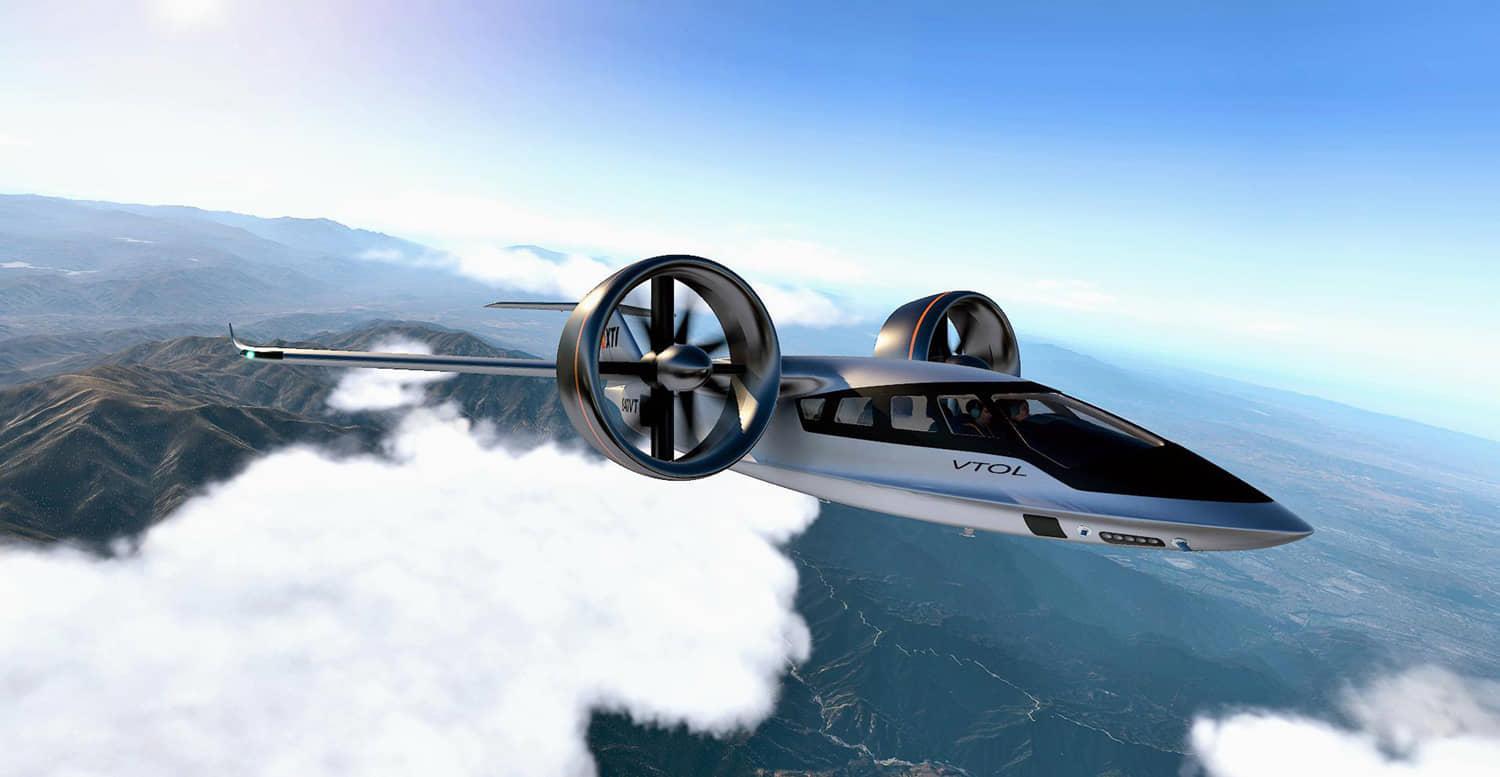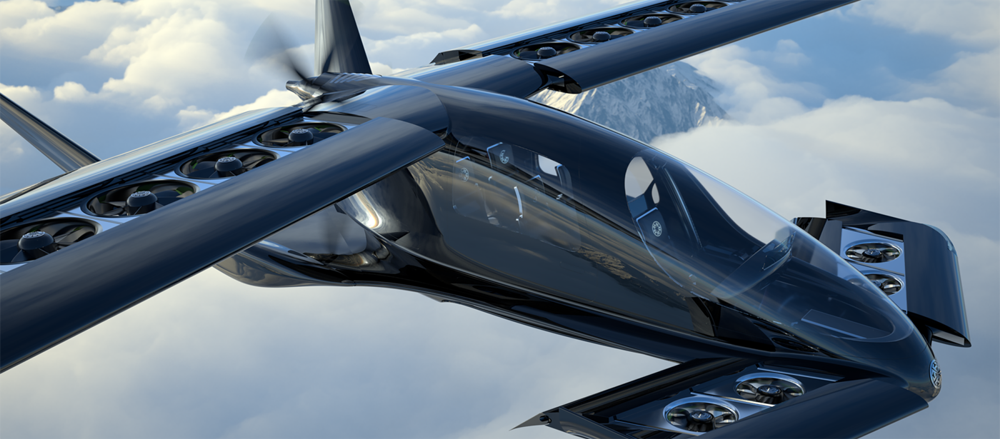Honda Aircraft Company President and CEO Hideto Yamasaki delivered a compelling vision of the company’s future during a recent executive briefing, highlighting three transformative achievements that position the business jet manufacturer at the forefront of aviation innovation. The company has completed 100% sustainable aviation fuel certification testing, brought its Emergency Autoland safety system to the threshold of FAA approval, and accelerated development of the next-generation HondaJet Echelon transcontinental business jet. These concurrent milestones underscore Honda Aircraft’s commitment to sustainable, technologically advanced solutions in the competitive business jet market.
A Decade of Market-Leading Performance
The HondaJet fleet celebrates a remarkable 10-year milestone since entering service in 2015, delivering more than 260 aircraft that have collectively accumulated nearly 300,000 flight hours. This achievement reflects exceptional market acceptance and demonstrates the aircraft’s proven reliability in real-world operations across diverse customer bases and operational environments.
Supporting this growth, the company expressed gratitude to customers and associates whose unwavering commitment has enabled sustained success. Looking ahead, Honda Aircraft remains focused on delivering continued innovation to strengthen its position in the highly competitive business jet segment.
Sustainable Aviation Fuel Achievement Breaks Ground
In a groundbreaking demonstration of environmental commitment, Honda Aircraft became the first twin-engine very light business jet manufacturer to complete a successful test flight using 100% sustainable aviation fuel (SAF). On October 1, 2025, a production-model HondaJet equipped with standard HF120 engines flew over Greensboro, North Carolina, powered entirely by a blend of Hydroprocessed Esters and Fatty Acids Synthetic Paraffinic Kerosene (HEFA-SPK) and Hydrodeoxygenated Synthetic Aromatic Kerosene (HDO-SAK).
This milestone builds on earlier ground testing conducted by GE Honda Aero in 2022 and 2023, demonstrating that full SAF compatibility is achievable without engine modifications. Previously, HondaJet aircraft were certified only for SAF blends up to 50%, making this achievement a significant step forward for sustainable business aviation operations.
The accomplishment aligns directly with Honda’s broader corporate goal of decarbonizing business activities by 2050. By proving that production business jets can operate safely on 100% SAF, Honda Aircraft reinforces its reputation for forward-thinking engineering while paving the way for industry-wide adoption of sustainable fuel alternatives.
Industry-Leading Fuel Efficiency Translates to Tangible Customer Savings
The HondaJet Elite II continues to set industry standards for operational economy and cost-effectiveness. The aircraft can save customers an average of $24,000 in fuel costs annually while flying 20% farther than the average very light business jet. This comparison reflects performance against other very light jets in its direct competitive class.
Over a five-year operational period with 300 trips annually, business jet operators can realize approximately $240,000 in cumulative fuel savings while preventing 860,000 pounds of CO2 emissions. To contextualize this environmental benefit, the emissions prevented equal the carbon footprint of removing one million miles driven in a conventional automobile.
This exceptional efficiency stems from Honda Aircraft’s innovative Over-The-Wing Engine Mount (OTWEM) configuration, which reduces aerodynamic drag, combined with a Natural Laminar Flow (NLF) nose and wing design and composite fuselage construction. Quantifying the operational advantage: the HondaJet Elite II consumes approximately 102 gallons of fuel per hour compared to competitors’ typical 112 gallons, a difference that compounds dramatically over thousands of operating hours.
Emergency Autoland System Approaches FAA Certification
Honda Aircraft has completed Federal Aviation Administration (FAA) certification flight testing for its Emergency Autoland system on the HondaJet Elite II under Type Inspection Authorization (TIA). With comprehensive documentation and flight test data now submitted to the FAA, the company anticipates certification approval in the near term.
Once certified, the HondaJet Elite II will become the first twin-turbine very light business jet equipped with Emergency Autoland capability, a safety feature that could prove lifesaving for operators. In the event of pilot incapacitation, the system transmits a distress signal to air traffic control and autonomously navigates the business jet to a safe landing at an appropriate airport, reducing risk in emergencies.
“Emergency Autoland was one of the first programs we announced when I assumed leadership of Honda Aircraft Company, and I’m incredibly proud of our engineers for their commitment to realizing this capability for our customers,” Yamasaki stated, reflecting the company’s long-term safety vision. This capability builds upon the autothrottle certification achieved in October 2024, demonstrating sustained progress in advancing safety technology for business aviation.
Transcontinental Business Jet Development Accelerates on Schedule
Development of the HondaJet Echelon, Honda Aircraft’s next-generation transcontinental business jet, is progressing according to plan. Assembly of the first flight test aircraft commenced earlier in 2025 at the company’s Greensboro headquarters, supported by specialized production assembly lines established in early 2024 and tooling installation completed by year’s end.
Significantly, the HondaJet Echelon development simulator was completed in January 2025 at the Advanced Systems Integration Test Facility (ASITF). Using validated data from wind tunnel models and real aircraft hardware, this advanced simulator allows engineers to evaluate critical systems and predict operational performance before the test aircraft takes to the skies, accelerating development while reducing risk.
The Echelon will redefine capability in the light business jet category, featuring a larger cabin that accommodates up to 11 occupants and a maximum range of 2,625 nautical miles. This range enables nonstop transcontinental flights across the United States, addressing a market gap between light jets and mid-size business jets. The aircraft is engineered to deliver 40% greater fuel efficiency than certain mid-size jets, a meaningful improvement that reflects performance against larger, more fuel-intensive competitors in the adjacent market segment, while maintaining a maximum cruise speed of 450 knots and a service ceiling of 47,000 feet.
Market momentum continues building, with nearly 500 letters of intent now signed and the number increasing monthly. First flight is scheduled for 2026, with type certification targeted for 2028, positioning the business jet for potential market entry by the late 2020s.
Customer Support Enhancement Program Underway
Honda Aircraft announced the development of a significant enhancement program to improve the customer experience for operators of legacy HondaJet aircraft. While specific details remain confidential at this stage, company leadership indicated that a comprehensive announcement is anticipated in the coming months, demonstrating sustained commitment to supporting the entire HondaJet fleet throughout its operational lifecycle.
Industry Recognition Validates Sustainability Commitment
Honda Aircraft’s comprehensive sustainability efforts earned formal recognition in 2024 with Tier-6 Sustainable Flight Department Accreditation from the National Business Aviation Association (NBAA). This prestigious accreditation acknowledges the company’s demonstrated commitment to environmental stewardship across all flight operations, positioning Honda Aircraft as a sustainability leader within business aviation.
Headquartered in Greensboro, North Carolina, where all HondaJet models are manufactured, the company continues its mission as a wholly owned subsidiary of American Honda Motor Co., Inc. The organization remains dedicated to advancing Honda’s global vision, embodied in the brand’s slogan: “The Power of Dreams: How We Move You.”
Multiple Initiatives Position Business Jet Innovator for Extended Market Leadership
Concurrent advancement of multiple transformative programs, Emergency Autoland certification, HondaJet Echelon development, legacy fleet support enhancements, and demonstrated 100% SAF capability, positions Honda Aircraft for continued leadership in the business jet industry. The convergence of sustainable aviation fuel compatibility, innovative safety technologies, and next-generation aircraft design creates a compelling value proposition for current and prospective business jet operators.
As Yamasaki concluded the briefing with characteristic confidence, his message resonated clearly: “There are more big things to come from Honda Aircraft Company. We are committed to delivering results worthy of the Honda brand.” This statement underscores the company’s ambition during a period of significant innovation and expansion within the business aviation sector.




